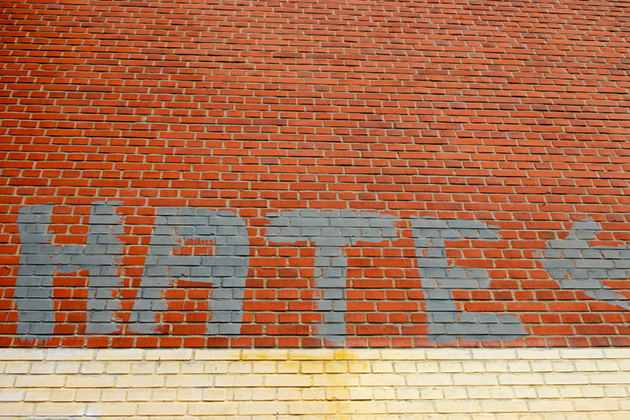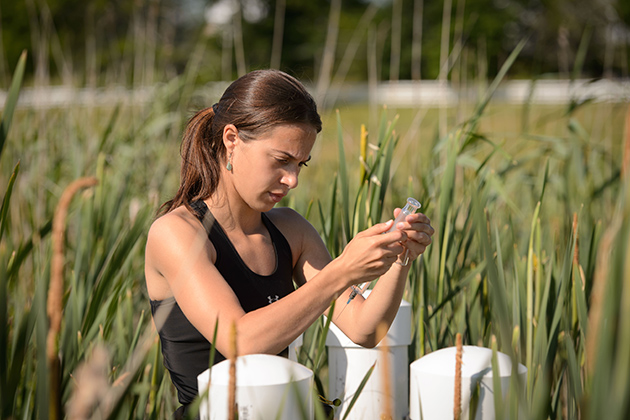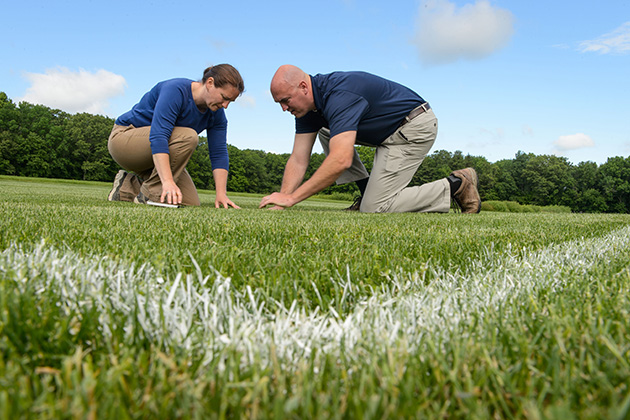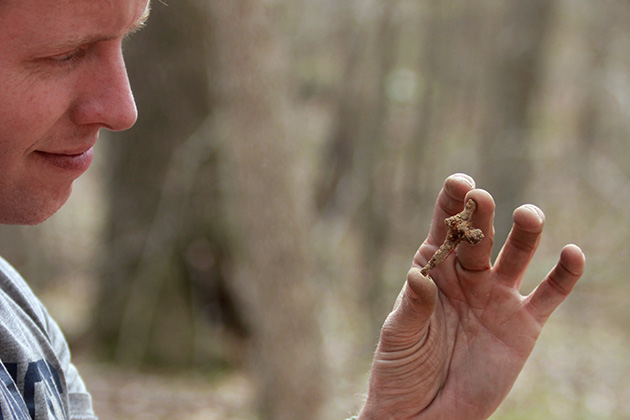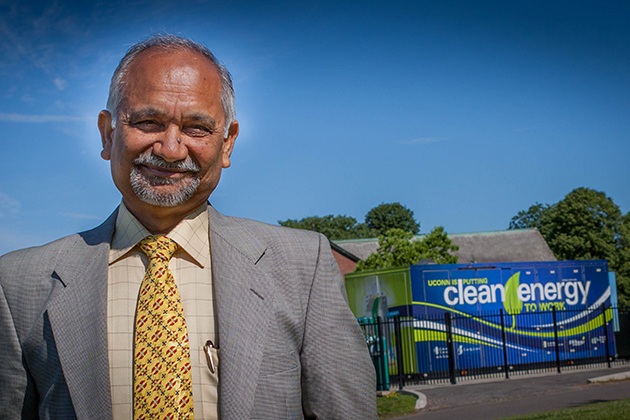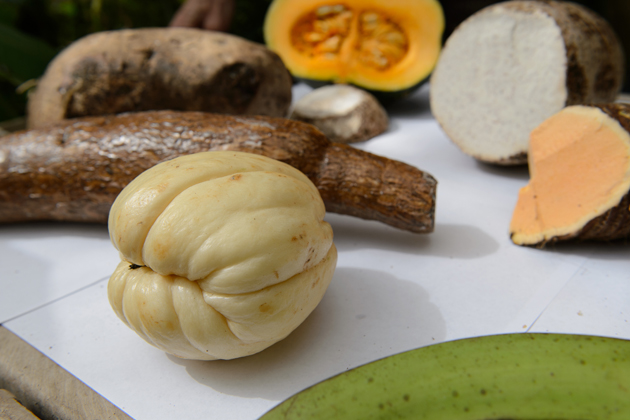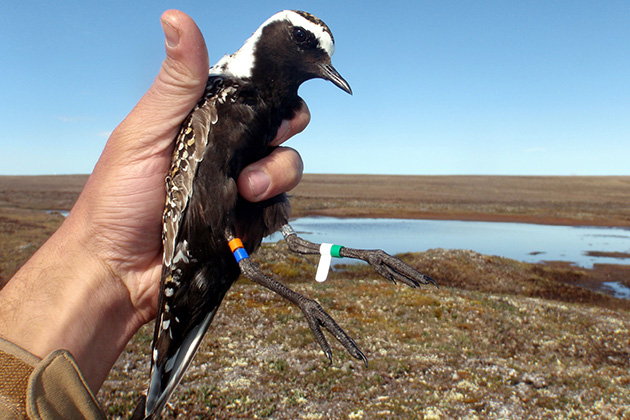Research & Discovery
Older Cities May Be Good for Your Health
Older cities with compact neighborhoods that encourage walking and biking are healthier places to live than many newer cities.
August 12, 2014 | Colin Poitras
Hate Speech and Human Rights
Human rights researcher Richard Wilson is writing a book about how international law deals with speech that incites violence.
July 22, 2014 | David Bauman
Studying Wetlands as a Producer of Greenhouse Gases
Student researcher Emily McInerney '15 (CAHNR) is studying the emission of methane from wetlands.
July 21, 2014 | Rob Chudzik
The Quest for Pesticide-Free Playing Fields
UConn researchers are exploring alternative techniques for maintaining turf, in light of restrictions on the use of pesticides.
July 7, 2014 | Sheila Foran
Recreating the History of the Pequot War
Archaeologists are uncovering evidence that is reshaping the story of a series of battles fought in Connecticut nearly 400 years ago.
July 3, 2014 | Stefanie Dion Jones
Charitable Giving Hinges on Perception of ‘Worthiness’
Charities assisting people perceived as responsible for their plight may have difficulty attracting donations, says a new study.
June 29, 2014 | Kristen Cole
Building a Diverse Organization, One Prayer at a Time
A UConn researcher finds that religious practices can bind groups with diverse members.
June 24, 2014 | Tom Breen
UConn Receives Gift for Global Energy Sustainability Program
A recent gift from alumnus Ed Satell will support a new research partnership in sustainable energy with Technion–Israel Institute of Technology.
June 24, 2014 | Jennifer Huber, UConn Foundation
Preserving Cultural Identity Through Food
Researchers analyzed the dietary preferences of immigrant communities and identified key plants with cultural relevance.
June 20, 2014 | Sheila Foran
Migratory Birds Help Spread Plant Species: UConn Study
A new study by UConn researchers demonstrates how some plants travel between the hemispheres on the wings of migratory birds.
June 12, 2014 | Combined Reports

